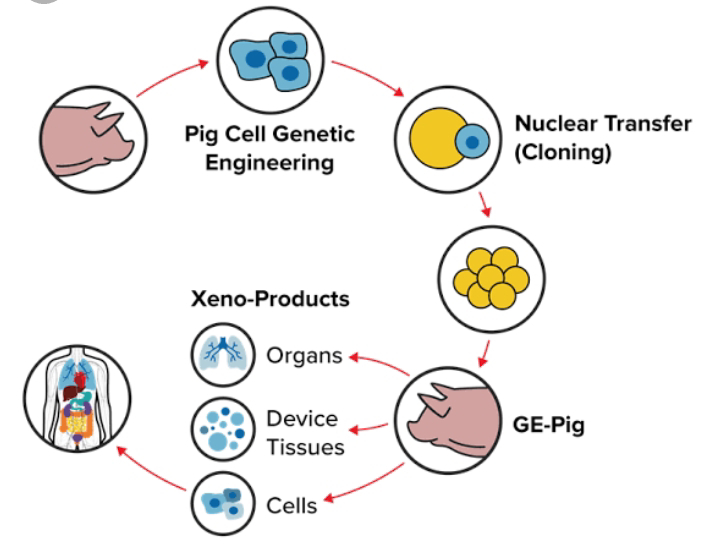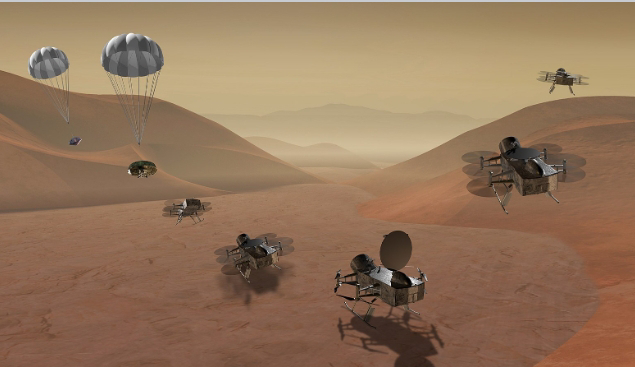"Xenotransplantation: Addressing the Shortage of Human Organs for Transplantation"
Pigs are currently the most common animals used for xenotransplantation, as their organs are similar in size and function to human organs. However, there are still significant challenges that need to be overcome before xenotransplantation can become a viable option for human transplantation.
One of the main challenges is the risk of rejection by the human immune system, which can lead to graft failure and other complications. To address this, researchers are developing genetically modified pigs that have certain human genes that reduce the risk of rejection. They are also developing new drugs and therapies to suppress the immune system and prevent rejection.
Another challenge is the risk of transmission of infectious diseases from animals to humans, known as xenozoonosis. This risk can be mitigated by using donor animals that are carefully screened for infectious diseases and by developing new technologies for sterilization and monitoring of transplanted tissues.
Despite these challenges, xenotransplantation holds great promise for addressing the shortage of human organs for transplantation. In addition to organs, it may also be possible to transplant other tissues and cells from animals, such as insulin-producing cells for diabetes treatment.
In conclusion, while xenotransplantation is still in the early stages of development, it has the potential to revolutionize the field of organ transplantation and save countless lives. Ongoing research and development will be necessary to address the challenges associated with this technology and make it a viable option for human transplantation.





No comments:
Post a Comment